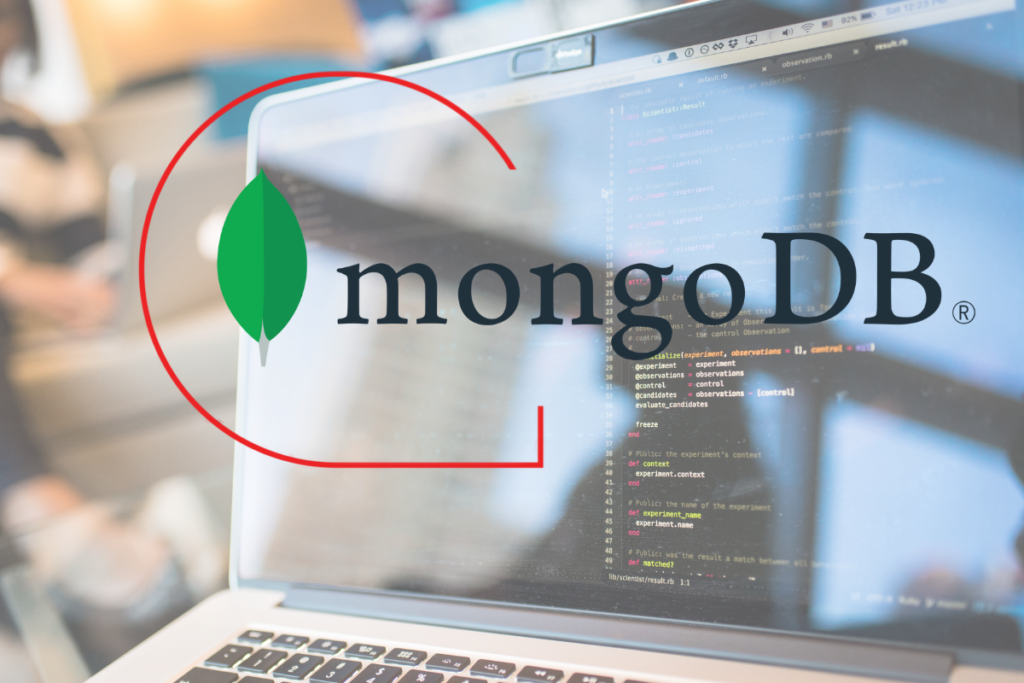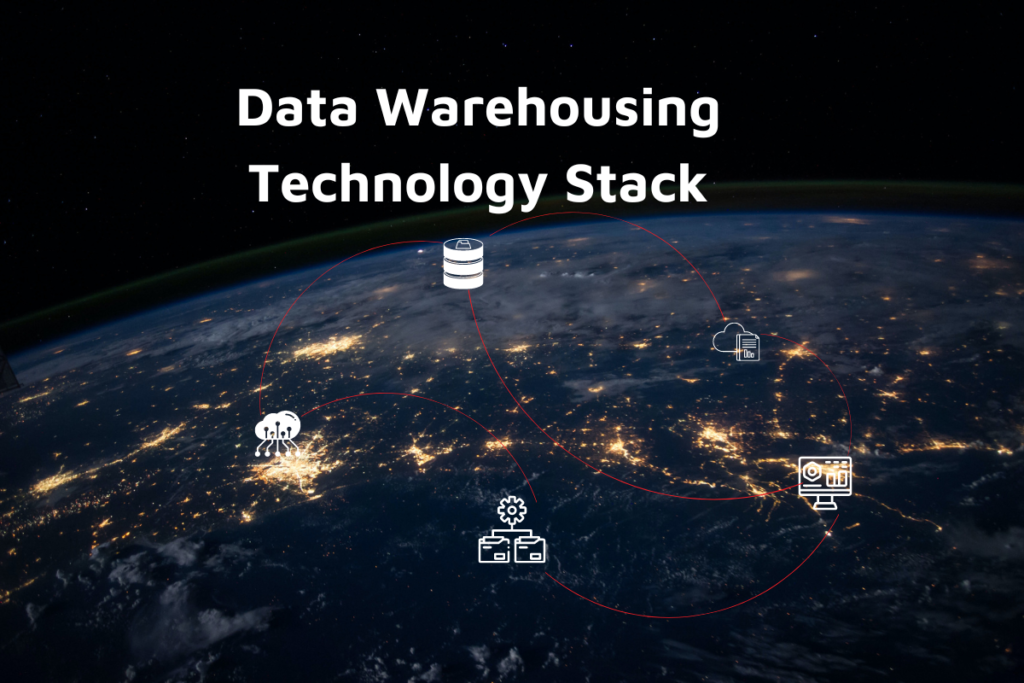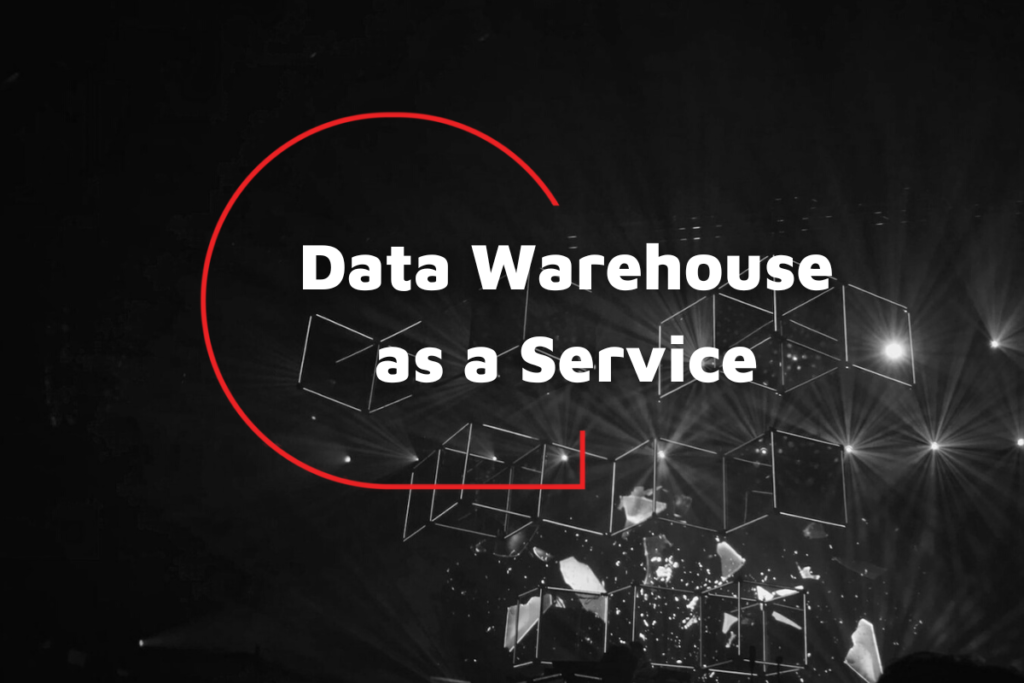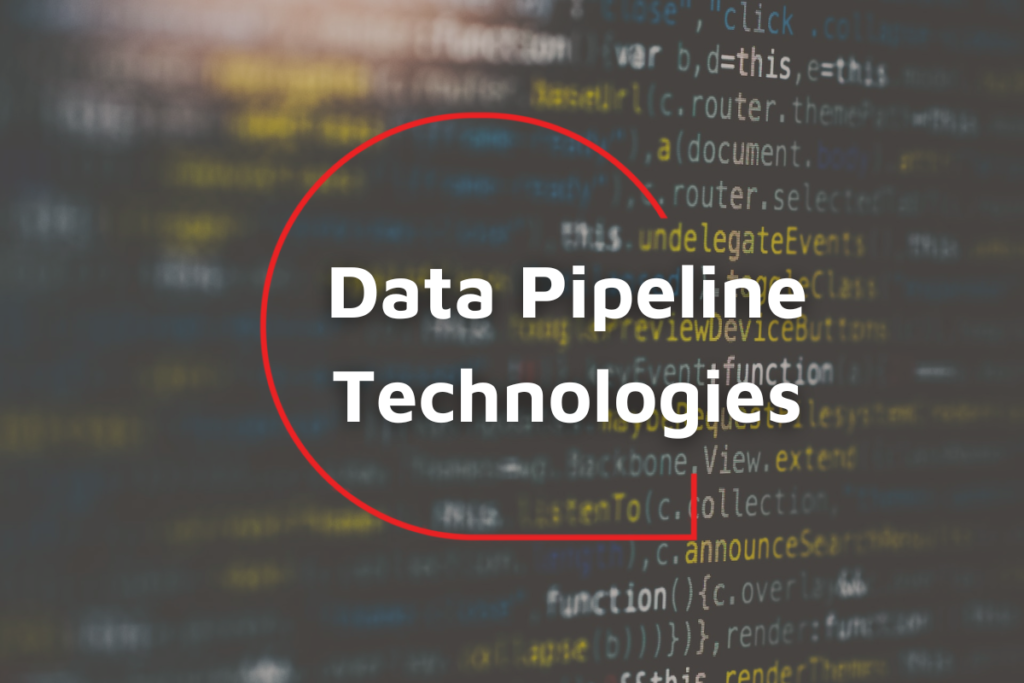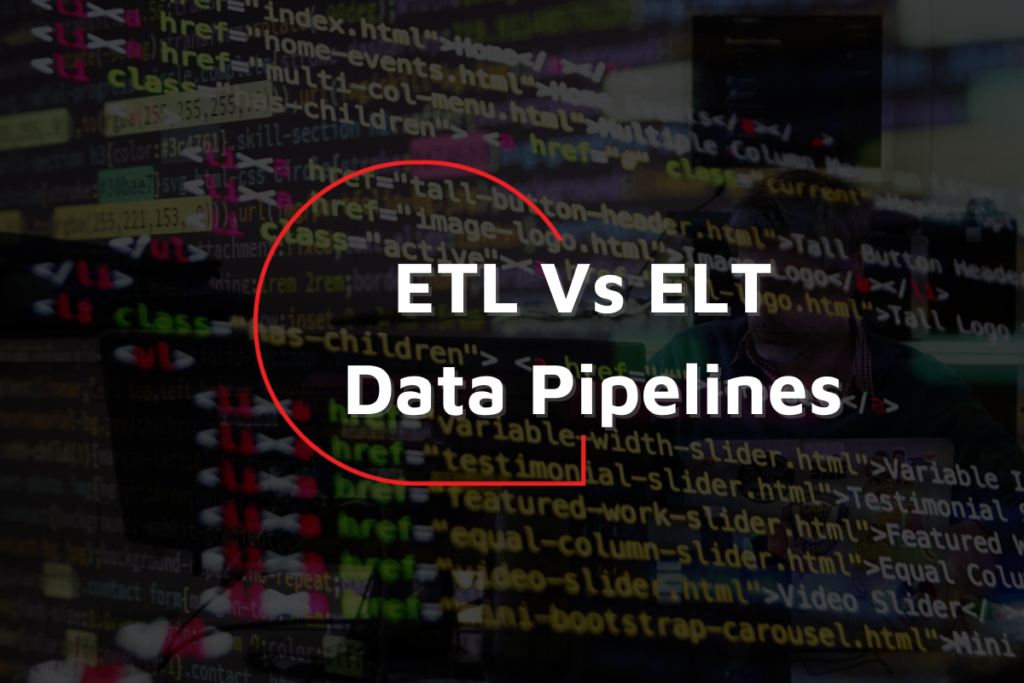MongoDB is one of the leading NoSQL, document-based database technologies. According to Enlyft, there are over 35,00 companies worldwide that are using MongoDB including world-leading brands such as eBay, Toyota and Forbes. MongoDB has a market share of approximately 45.11% in the NoSQL Database category, competing with other technologies such as NoSQL (22.73%) and Amazon […]
